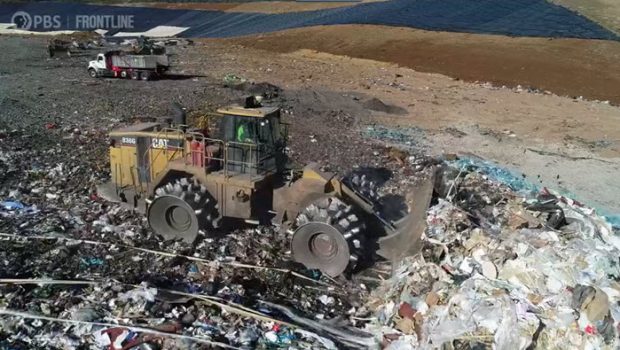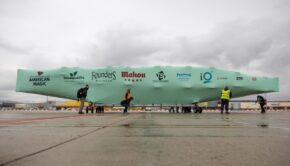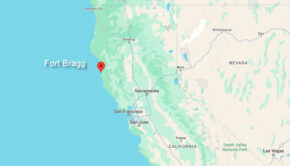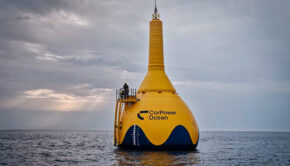Plastic industry’s recycling hoax
Published on April 20th, 2020
As an event to demonstrate support for environmental protection, Earth Day on April 22 is an annual reminder for those of us that use the earth (and that’s all of us). As enthusiasts of a sport reliant on water, that puts sailors in the front row of those that need to lean in.
With 2020 as the 50 year anniversary of Earth Day, the best way to care about anything is to learn about it, and this report by Andy Sharples for the ocean conservation organization Oceana might prove helpful in curbing some of our habits:
If you are, like me, at home sheltering in place, take a look around your pantry, your closet, your garage and you will likely find a lot of…plastic. Whether it’s packaging our food, or material in our clothes, electronics, or furniture, plastic is nearly impossible to avoid.
By looking at the bottom of our plastic packaging for that well-known symbol of three arrows chasing each other in a triangular loop, that had been the cue as to whether our plastic item was recyclable. For decades, we tossed the plastic jug or bag into our bins thinking we were “doing our part” as responsible consumers.
But we were being lied to.
“Plastic Wars,” a new documentary from PBS Frontline and NPR, reveals the plastic industry’s decades-long coordinated campaign to sell more and more plastic. Their strategy for this? Creating the modern recycling system.
In the late 1980s, the Council for Solid Waste Solutions, backed by oil companies, came together to create the United States’ recycling system. Their intent was to avert growing public attention on plastics’ waste disposal and pollution problem by providing an industry-initiated “solution” that put the burden of responsibility back on the disgruntled public.
Well-funded advertising campaigns reinforced the message that “People start pollution, people can stop it.”
The plan worked. The false empowerment of recycling became an accepted part of everyday life and changed public perception of the plastic pollution crisis. Eco-conscious youth sang along to catchy music promoting the three “Rs” – Reduce, Reuse, Recycle – but, in reality, recycling was the only “R” promoted.
The industry assured universal use of the plastic symbols and numbers (called plastic Resin Identification Codes), confusing customers into thinking that their products were all recyclable. However, that’s far from the truth, as few of these materials are easily recyclable.
Items like clamshells packaging, plastic wrapping, and flimsy plastic bags, while technically “recyclable,” are not economically viable options and almost never recycled. Instead, they end up in landfills, waterways, and our oceans.
While the industry has received backlash, they’ve largely avoided consequences and kept consumers believing this system works. Here’s the reality…only 9% of all plastic ever made has been recycled.
More plastic was manufactured in the previous decade than in the whole of the last century, and it is flooding into our seas at an alarming rate. Reports estimate that the equivalent of a garbage truck worth of plastic is now dumped in the oceans every minute – threatening marine organisms from zooplankton to whales.
I urge you to watch this documentary. Recycling alone won’t solve the plastics crisis. Neither will consumers “doing their part.” It’s time to lift back the curtain and reveal who is truly responsible: the plastics industry.
At Oceana, we work to ensure companies take responsibility for this crisis and commit to reducing plastic production. We do this by encouraging companies to take action themselves and by winning legislation to force them to do the right thing when they won’t on their own.
Consumers must be given plastic-free choices rather than the false hope and guilt created by recycling. In the last battle of the “Plastic Wars,” consumers, the oceans, and our planet must come out on top.









 We’ll keep your information safe.
We’ll keep your information safe.